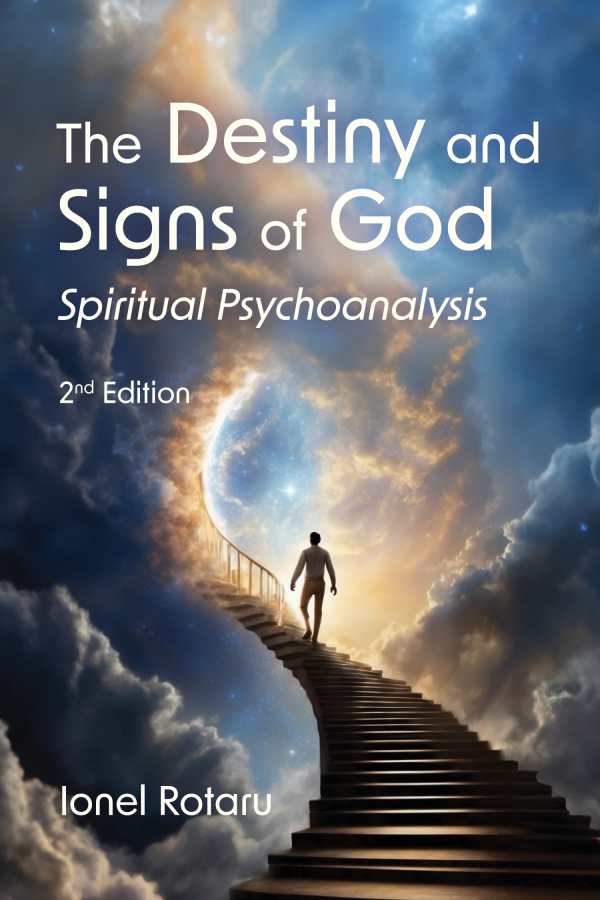The Destiny and Signs of God
Spiritual Psychoanalysis
Seeking to improve the relationships between human beings and the divine, The Destiny and Signs of God is a spiritual guidebook that leads by example.
An ambitious testimonial with memoir elements, Ionel Rotaru’s spiritual manifesto The Destiny of Signs and God seeks civilization-wide salvation from material life.
Taking inspiration from the work of futurist Jacques Fresco, who proposed the construction of a new civilization and argued that “we should not use money as a legal tender” and “we are all equal,” this book muses on human souls and their relationships to their bodies, as well as the relationships between human beings, God, and the universe. It is gloomy when addressing the overstimulated state of modern civilization but seeks an easier way forward that avoids reveling too much in bodily pleasures.
The book’s sources and topics are varied. It includes discussions of the seven chakras, including their colors and positive and negative qualities; drawing on Rotaru’s story, it also discusses life in Moldova in the time of the USSR, comparing and contrasting communist, capitalist, and developing systems of governing and social thinking. Ideas about how “God created the guide to the destiny of my life” appear throughout, piquing interest in the book’s underlying spiritual model; Rotaru declares, “God was standing by me. He was guiding me, and I was understanding and listening to Him during every step of my life” and remains resolute despite outside challenges to such beliefs. However, as the book moves between subjects like Rotaru’s family history, the development of his writing career, and the evolution of his spiritual awakening, its segues are too abrupt; cohesion is lost and interest wanes.
Indeed, the book’s structure is messy and unfocused throughout. Its spirituality elements are subdued, lost among its memoir portions, and its general messages are delivered with varying persuasiveness. It laments materialistic thinking and the idea that men are superior to women, but it also includes divisive and essentialist opinions such as the idea that transgender people should accept and conform to the roles associated to the genders assigned to them at birth, limiting its reach. Its comparison between its own psychoanalytical model and those of yogis strains credulity, too. And its visual aids, as with its illustrations of the “family love period” and “evolution of pleasure,” while detailed, make use of a print that is too small to read. Wikipedia definitions of terms also lessen the book’s credibility.
The spiritual guidebook The Destiny of Signs and God encourages accepting one’s surroundings and learning positive lessons from them.
Reviewed by
Stephanie Marrie
Disclosure: This article is not an endorsement, but a review. The publisher of this book provided free copies of the book and paid a small fee to have their book reviewed by a professional reviewer. Foreword Reviews and Clarion Reviews make no guarantee that the publisher will receive a positive review. Foreword Magazine, Inc. is disclosing this in accordance with the Federal Trade Commission’s 16 CFR, Part 255.

